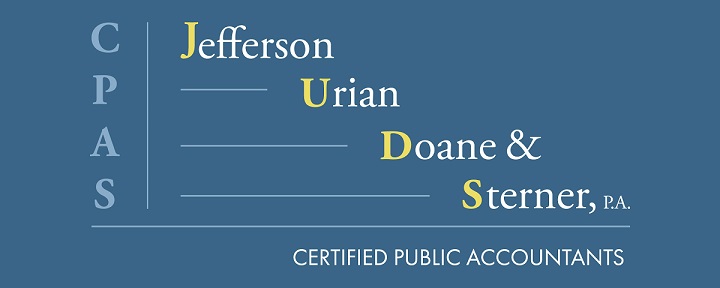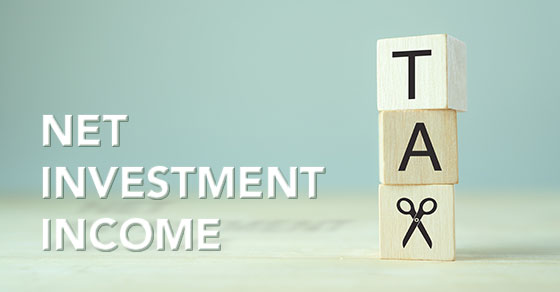When can seniors deduct Medicare premiums on their tax returns?

If you’re age 65 and older and have basic Medicare insurance, you may need to pay additional premiums to get the level of coverage you want. The premiums can be costly, especially for married couples with both spouses paying them. But there may be an advantage: You may qualify for a tax break for paying the premiums.
Premiums count as medical expenses
For purposes of claiming an itemized deduction for medical expenses on your tax return, you can combine premiums for Medicare health insurance with other qualifying medical expenses. These includes amounts for “Medigap” insurance and Medicare Advantage plans. Some people buy Medigap policies because Medicare Parts A and B don’t cover all their health care expenses. Coverage gaps include co-payments, coinsurance, deductibles and other costs. Medigap is private supplemental insurance that’s intended to cover some or all gaps.
You must itemize
Qualifying for a medical expense deduction is difficult for many people for a couple of reasons. For 2023, you can deduct medical expenses only if you itemize deductions and only to the extent that total qualifying expenses exceed 7.5% of adjusted gross income.
The Tax Cuts and Jobs Act nearly doubled the standard deduction amounts for 2018 through 2025. For 2023, the standard deduction amounts are $13,850 for single filers, $27,700 for married couples filing jointly and $20,800 for heads of household. (For 2022, these amounts were $12,950, $25,900 and $19,400, respectively.)
So, many people claim the standard deduction because their itemized deductions are less than their standard deduction amount.
Note: Self-employed people and shareholder-employees of S corporations can generally claim an above-the-line deduction for their health insurance premiums, including Medicare premiums. So, they don’t need to itemize to get the tax savings from their premiums.
Other expenses that qualify
In addition to Medicare premiums, you can deduct various medical expenses, including those for dental treatments, ambulance services, dentures, eyeglasses and contacts, hospital services, lab tests, qualified long-term care services, prescription medicines and others.
There are also many other items that Medicare doesn’t cover that can be deducted for tax purposes, if you qualify. You can also deduct transportation expenses to get to and from medical appointments. If you go by car, you can deduct a flat 22-cents-per-mile rate for 2023 or you can keep track of your actual out-of-pocket expenses for gas, oil, maintenance and repairs.
Evaluate the options
We can answer any questions you have about whether you should claim the standard deduction or whether you’re able to claim medical expense deductions on your tax return.
© 2023









